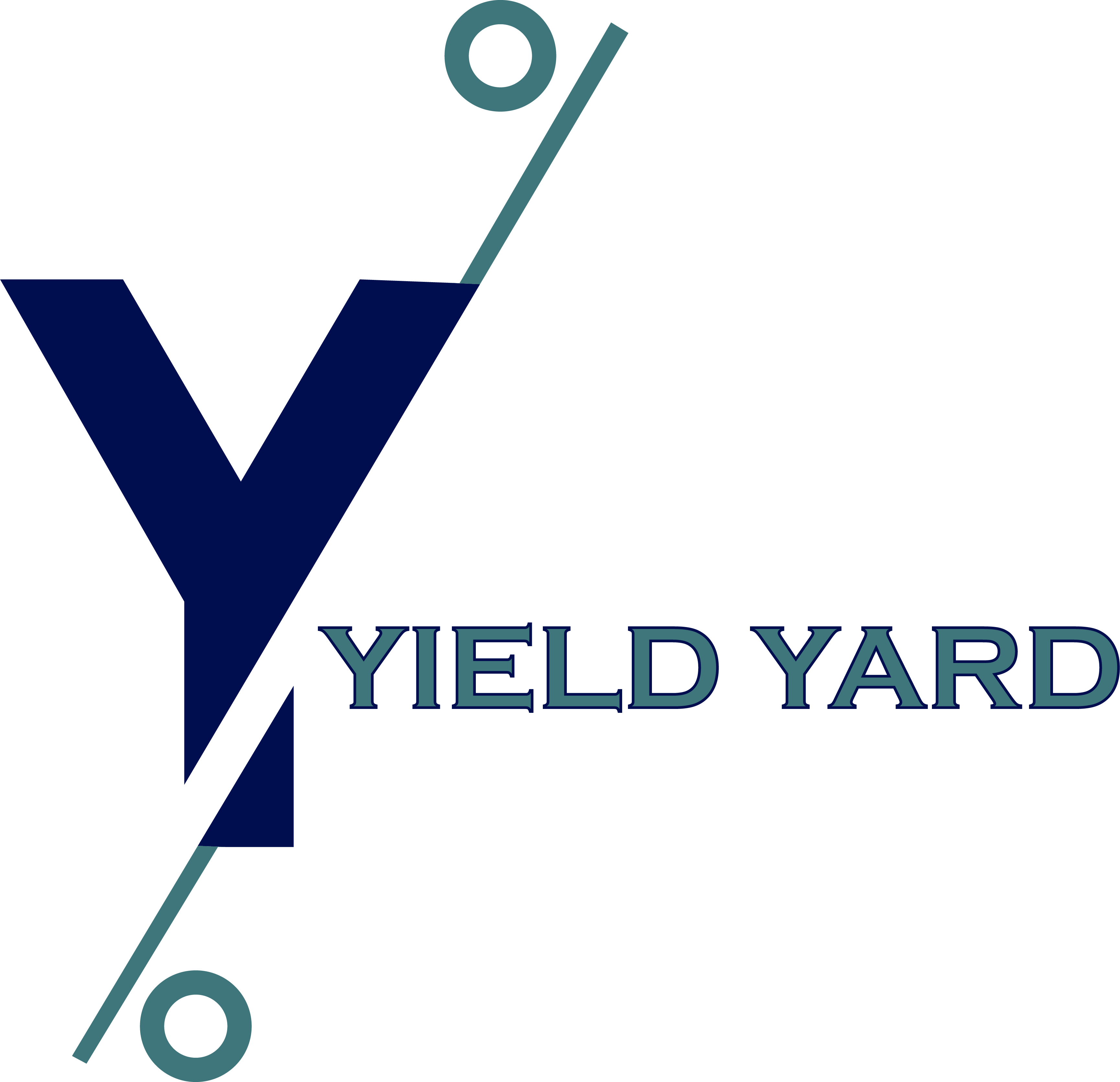Indian bond market registered an impressive growth of ~165% in last ten years to ~44 lakh crore. And it is expected to double in next six years to ₹100-120 lakh crore by FY30.
Last year, JP Morgan announced India’s inclusion in its Global EM Bond Index which was a great milestone for the Indian bond markets.






